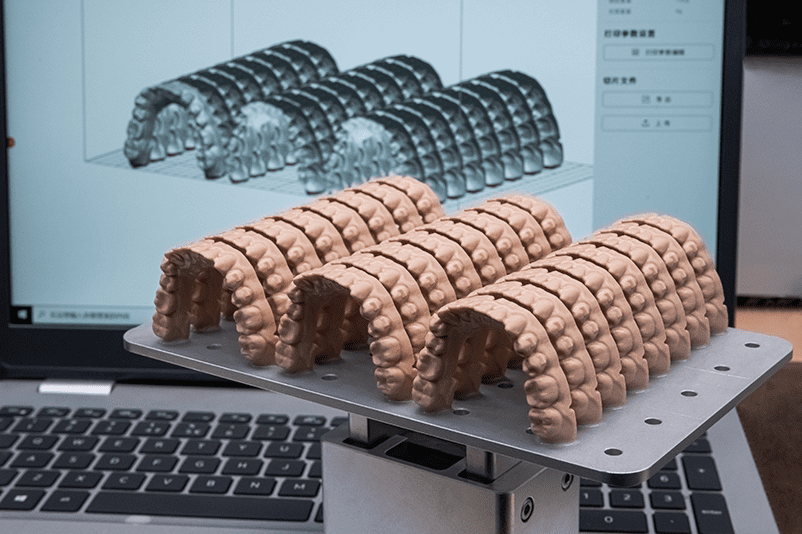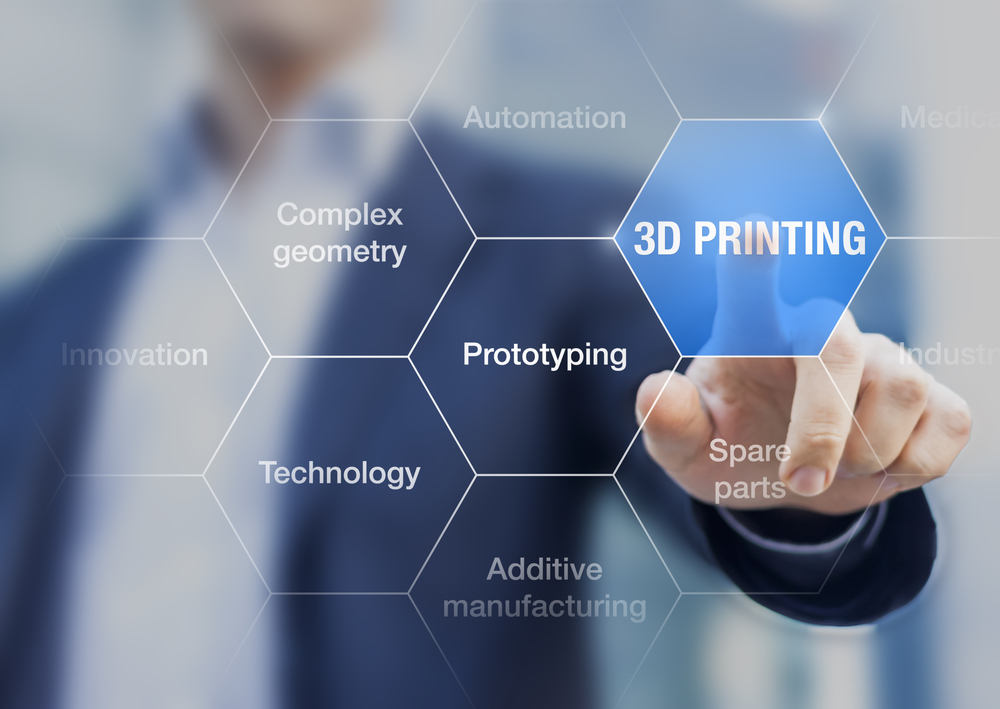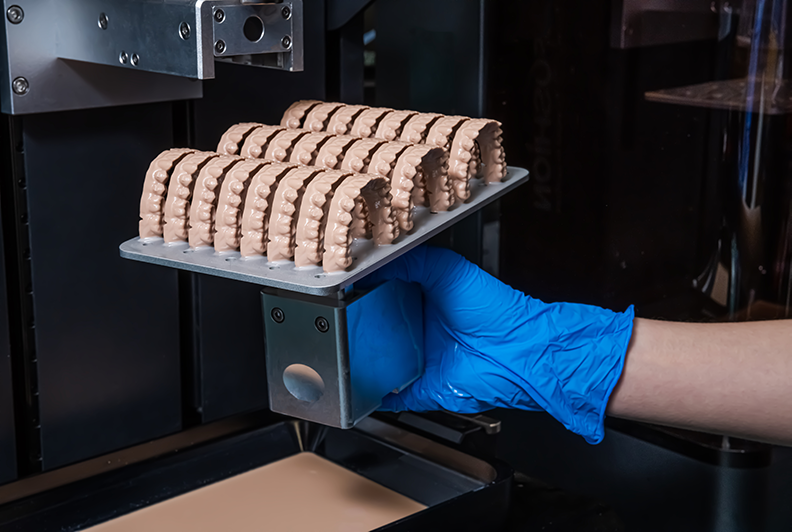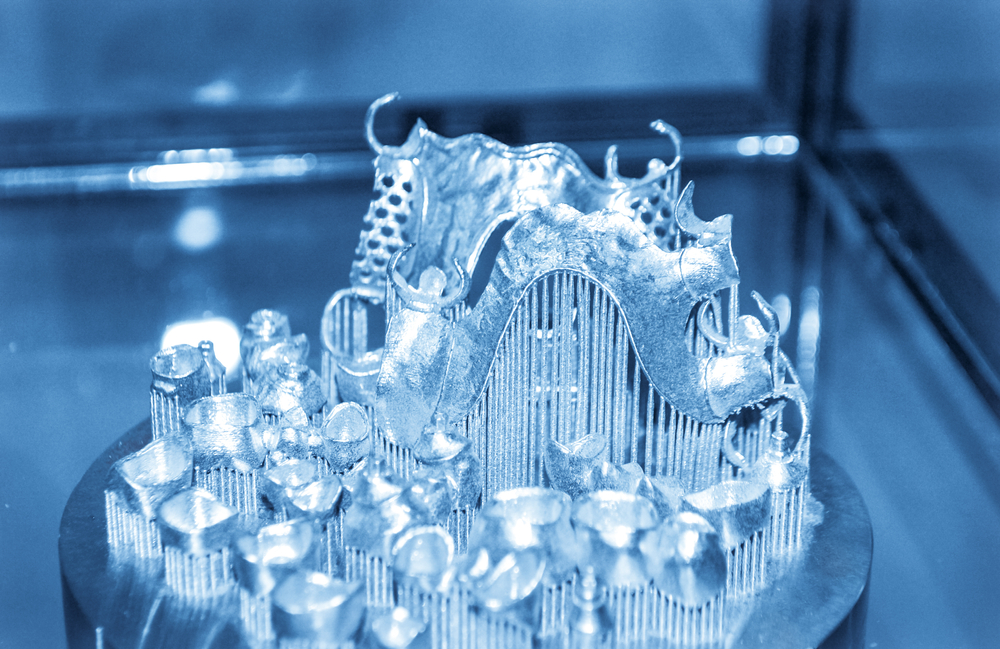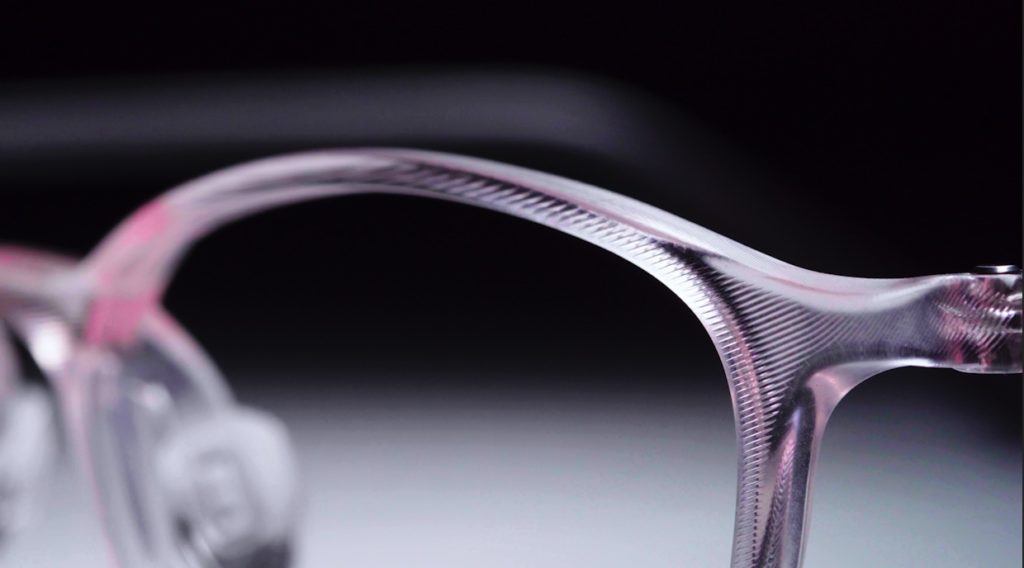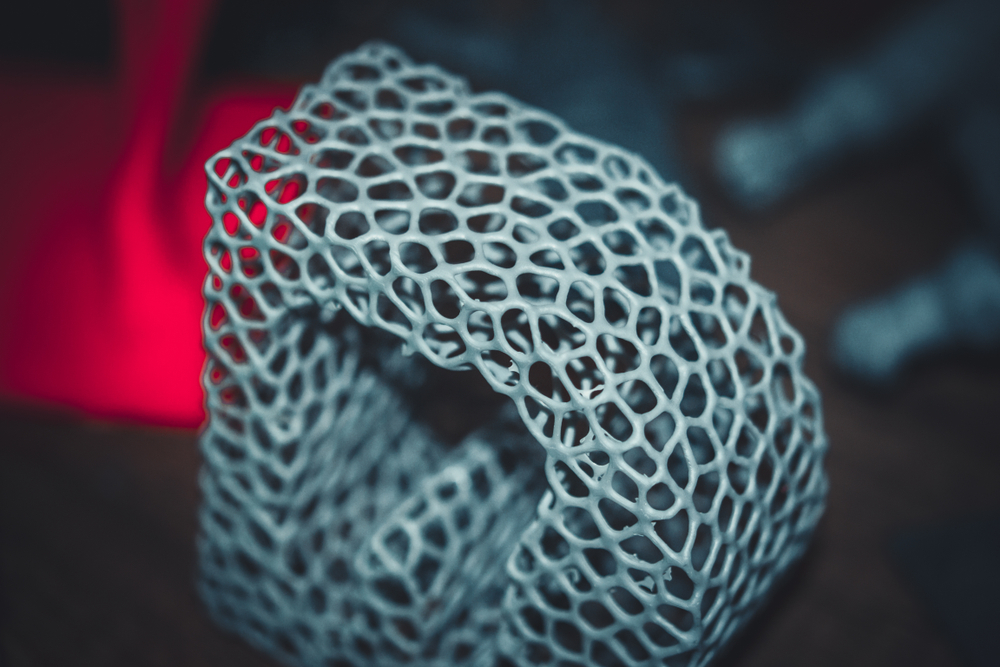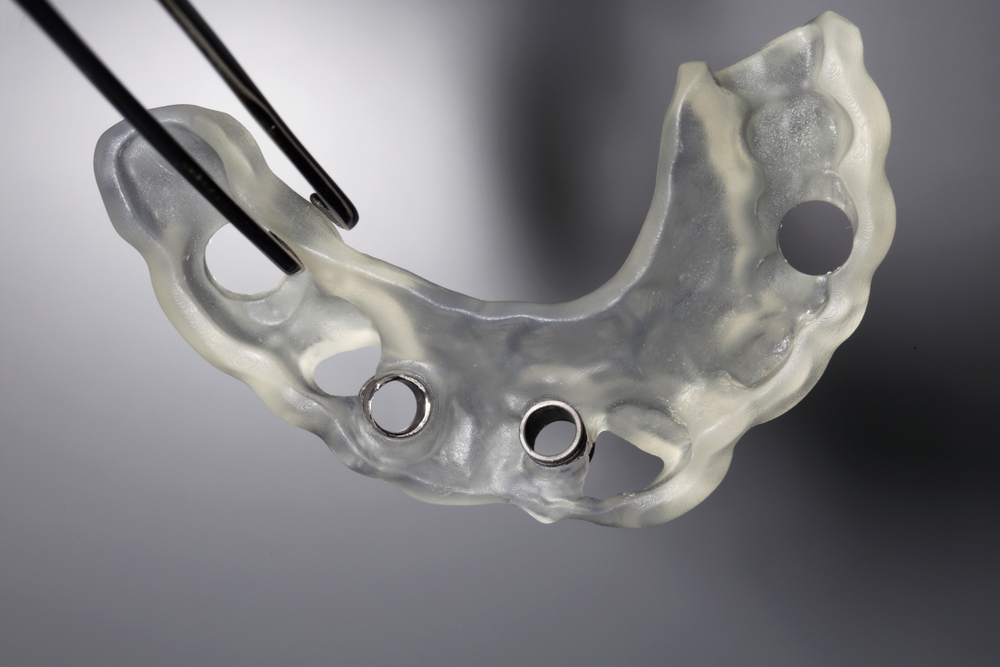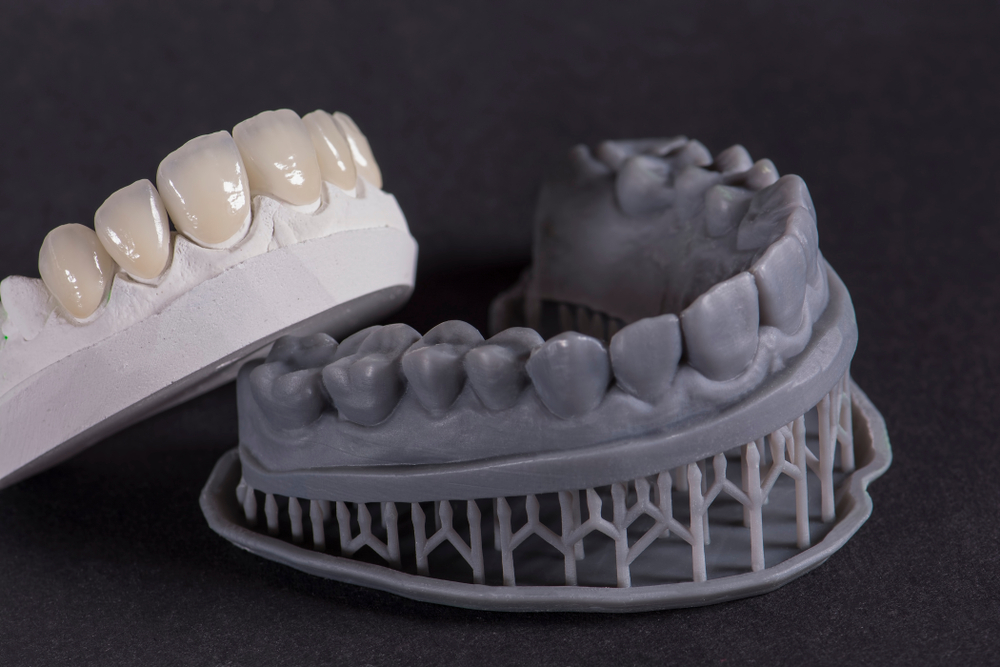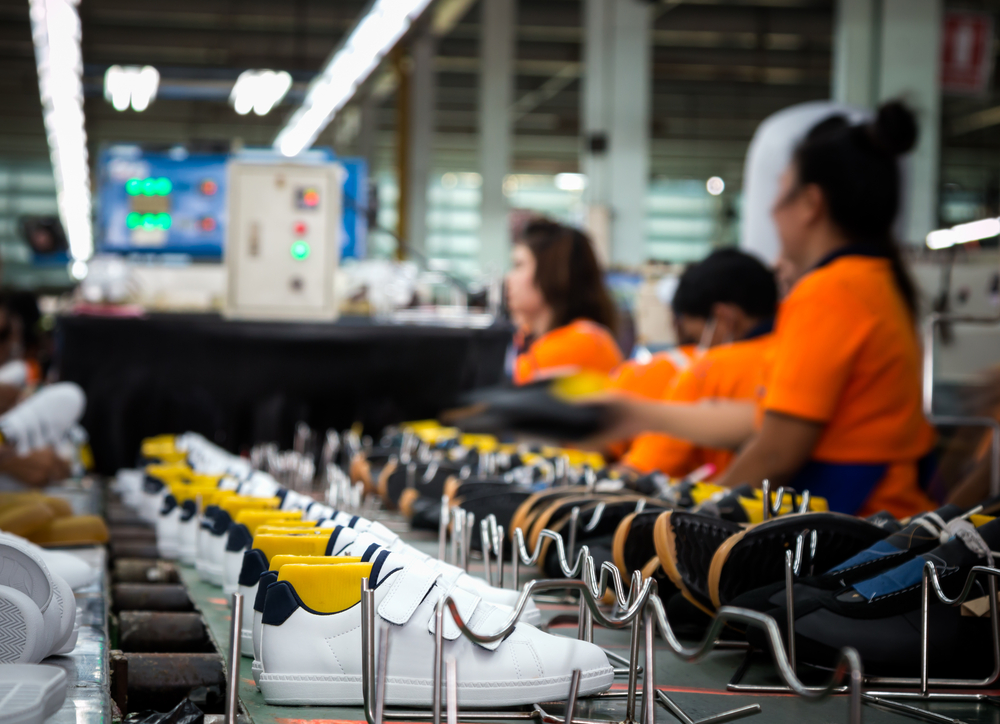3D Printing Innovation
Advantages of 3D Printing in High-Volume Contract Manufacturing
Contract manufacturing services bring new low or high-volume products to market quickly without requiring large capital equipment expenditures. They lower the barriers for high-volume production as companies do not need to set up factories to manufacture products. Innovations in 3D printing have made it possible to support high-volume production at localized cloud-connected 3D printing smart factories. Utilizing a 3D printing solution for high-volume contract manufacturing helps companies stay agile, produce more complex designs, support multiple SKUs, and manufacture products with advanced high-performance materials.
Read MoreFour Advantages of 3D Printing in Dentistry
3D printing has been leading advancements in dental technology. It has enabled the clear aligner industry to reach a 2.31 billion dollar market size, quickened the turnaround production time of oral devices, and raised dental models’ accuracy. Dental industry professionals can benefit from integrating 3D printing solutions into their workflows.
Read MoreFour Applications of Rapid Prototyping with 3D Printing
3D printing has many rapid prototyping applications, allowing companies to accomplish more in less time without sacrificing product quality. Today’s 3D printing systems require no tooling and support a broad range of materials, so designers can enable rapid functional prototyping and make faster transitions to full-scale manufacturing.
Read More3D Printing in Dentistry: Outsourcing, Bringing In-house, or Both?
3D printing technology is transforming the dental industry for providers and patients. Both dentists and orthodontists have been leveraging 3D printers to create durable, customized appliances with increased frequency year…
Read MoreSLA vs. DLP 3D Printing
Today, the 3D printing field has advanced in accuracy, product complexity, and the number of available processes. Companies can scale the production of complex products to high volume using two processes: stereolithography (SLA) and digital light processing (DLP).
Read MoreInnovative 3D Manufacturing Technologies to Watch: The Rise of Polymer 3D Printing
While COVID-19 brought chaos last year to manufacturing and supply chains, it also fueled innovation and new perspectives on how goods are produced and distributed globally. As wait times for…
Read MoreFDM vs. DLP 3D Printing
Two common 3D printing processes are fused deposition modeling (FDM) and digital light processing (DLP). Each of these 3D printing processes is best suited to specific product applications. Anyone interested in using 3D printing for their next product should understand the differences between FDM vs. DLP 3D printing. DLP processes and systems enable the manufacturing of products like dental appliances, medical devices, and footwear. With greater speed, better surface finishing, and isotropic material properties DLP may be a better choice for companies looking to decrease product development time, de-risk manufacturing operations, and create unique business models.
Read MoreThree Benefits of a 3D-Printed Dental Surgical Guide
3D printing dentistry solutions make it easier to produce custom products like dental prosthetics, implants, and surgical equipment such as guides. Surgical guides are becoming a standard tool to assist implant procedures, reduce surgery duration, and reduce the risk of complications. With advanced 3D printing systems, dental surgical guides are more affordable and accurate than ones made with traditional processes.
Read MoreApplications of 3D Printing in Dentistry
With the increasing availability of advanced materials for 3D printing, the range of printable dental appliances continues to expand. Applications of 3D printing in dentistry already include implants, models, guides, surgical tools, and PPE. Dental care providers utilizing such applications are enabling faster, more responsive service and better patient care.
Read MoreHow to Automate Footwear Manufacturing
In recent years, advancements in 3D printing technology are streamlining the manufacturing process. Footwear companies are leveraging 3D printers to optimize operations, enabling fully-functional prototypes and increased design freedom. 3D printing improves the footwear manufacturing process with greater automation, and 3D printed footwear is projected to globally generate over USD 1 billion by 2023 and USD 6.5 billion by 2029.
Read More


